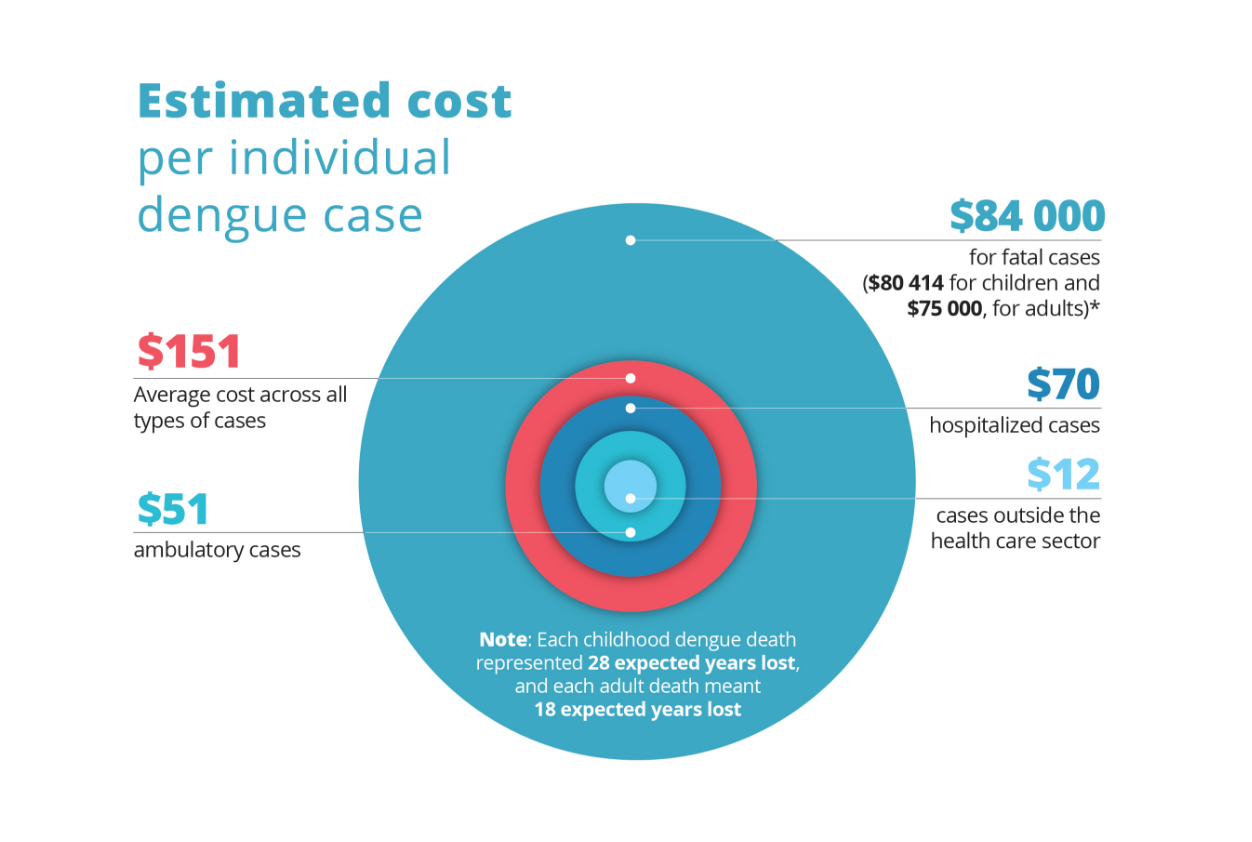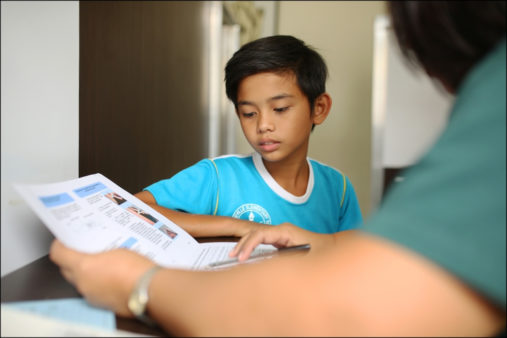- by KRIZETTE CHU
Dengue Summit: The Philippines Leads the Way
Manila, Philippines — Leading infectious disease experts from Asia, together with some of the region’s principal policymakers, public health authorities, and government officials, gathered at the 2nd Asia Dengue Summit on March 1 and 2 to discuss the rapidly increasing burden of dengue, which has become one of the most pressing health issues in modern times.
In the last 50 years, dengue has spread from just a few tropical countries to over 128 countries, with a 30-fold increase, lending urgency to the dengue summit. Countries are also reeling from the great financial cost and number of lives lost. Worldwide, the economic toll is $9 billion annually, with Southeast Asia spending $1 billion per year, spanning 2001 to 2013.

The costs of dengue are not completely understood in many dengue-endemic countries which continue to struggle with the economic burden.
Learn more about the economic burden of dengue
The two-day summit was organized by the Asian Dengue Vaccination Advocacy (ADVA), a scientific working group, in partnership with the South East Asian Ministers of Education Tropical Medicine and Public Health Network (SEAMEO TROPMED) Sanofi and Takeda. It focused on The Philippine’s public health program (the first in the world to include the dengue vaccine; the second public dengue vaccine program was launched in Parana State, Brazil), explored new developments in prevention and control, and aimed to formulate a roadmap for other countries to instigate their own strategies for prevention and vector control.
All eyes on the Philippines
Lulu Bravo, the executive director of the Philippine Foundation for Vaccination, says the country is front and center in the fight against dengue, and experts have come from all over the world to see how the Philippines’ Department of Health has carried out the mass immunization program with Dengvaxia, the first vaccine against dengue.
“All eyes are on the Philippines because we are the first country to do the dengue immunization program publicly, as the others are all just contained within the private sector,” Bravo said. She touched on the controversies surrounding the vaccine: “There will be those who do not agree with it and say we treat our children as ‘guinea pigs,’ but we have scientific evidence that it is safe. No vaccine in the world has 100 percent efficacy, but Dengvaxia is both effective and safe.”

Many of the leading players in Asia’s continuing fight against dengue confirm they are monitoring the development of the program in the Philippines. Medical experts from Indonesia, Malaysia, Thailand, Singapore, Sri Lanka, Korea, and Vietnam attended the summit, while representatives and public health specialists from Peru, France, and Mexico gave talks on hot topics in dengue control.
Some of the most notable speakers included Belinda Ching of the Milken Institute Asia, Pilar Collantes of Voces Ciudadanes, lead researcher and scientist Dr. Isabelle Delrieu, WHO’s Dr. James Heffelfinger, and Dr. Janette Garin, who kick-started the Philippines’ public program during her time as the minister for health.
Dengue Summit: sharing best practices
Malaysian infectious disease expert Zulkifli Ismail, secretary general of the Asia Pacific Pediatric Association, says they attended the event to study best practices in fighting dengue. Ismail said that while his country has a satisfactory mosquito control system, Malaysia still documents 100,000 dengue cases annually. The vaccine is not yet licensed in the country.
“There are a few Malaysians at the summit because we really want to know what the Philippines is doing,” he added.
Thailand’s Usa Thisyakorn, a professor of Pediatrics at Chulalongkorn University and this year’s chairman of ADVA, said, “A collaborative approach which encourages the sharing of research findings, epidemiological trends, disease surveillance methods, and vaccine implementation strategies will allow countries to harmonize their existing dengue prevention and control efforts.”
She also lauded the Philippines’ effort in leading the public program. Prof. Thisyakorn recounted how, during a visit in 2010 in which she met with other pediatric infectious diseases experts, she witnessed how the Philippines has always been at the forefront in addressing the disease.
Prof Thisyakorn added, “At the Summit this year, we aim to build on the ongoing efforts of countries, strengthen the implementation of vector control, as well as prevention measures such as the use of the dengue vaccine that can ultimately benefit the local population.”
Prof Duane Gubler, emeritus professor at Singapore’s Duke-NUS Medical School and chair of Global Dengue and Aedes-Transmitted Diseases Consortium, said, “The recently released WHO position paper on dengue vaccine supports the use of vaccination to help prevent dengue as part of a comprehensive dengue control strategy in each endemic country, especially in areas where there is a high burden of disease.”
The event concluded with Prof. Thisyakorn’s symbolic passing of the torch to Dr. Rose Capeding, the Philippines leading researcher on the dengue vaccine studies conducted by Sanofi, who will be ADVA’s next president. The next Asia Dengue Summit will be held in Malaysia.
“In the war against dengue countries should fight together, not alone,” said Prof. Thisyakorn. “There’s a lot more work that needs to be done.”

